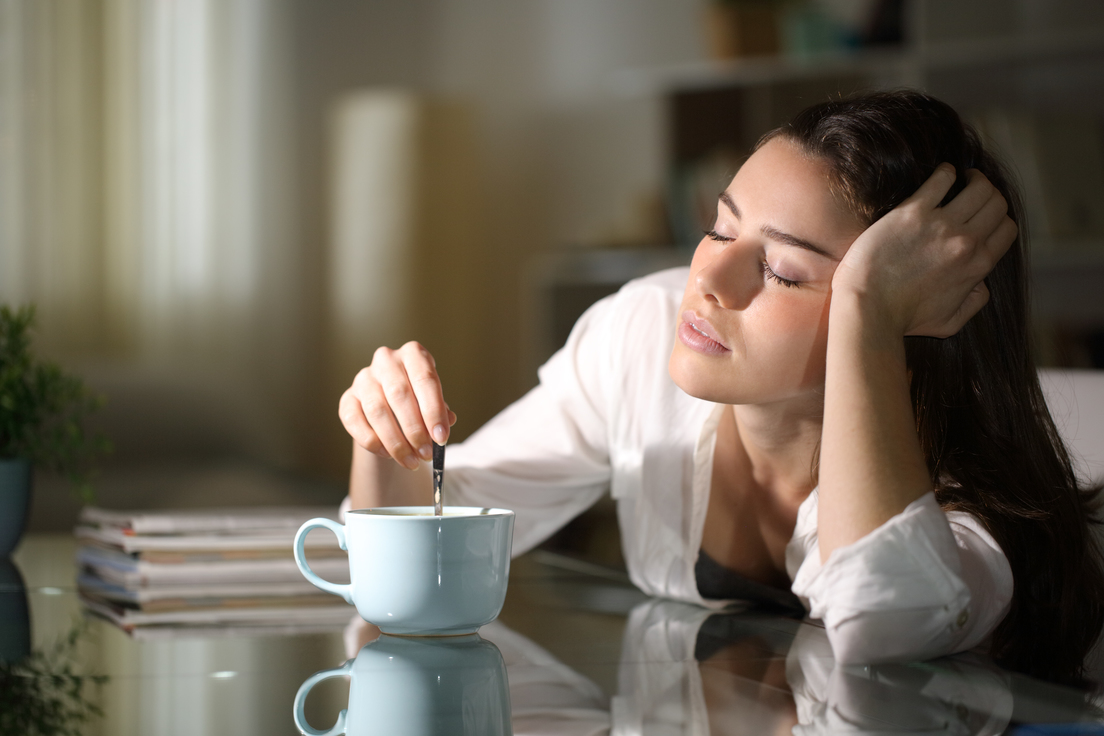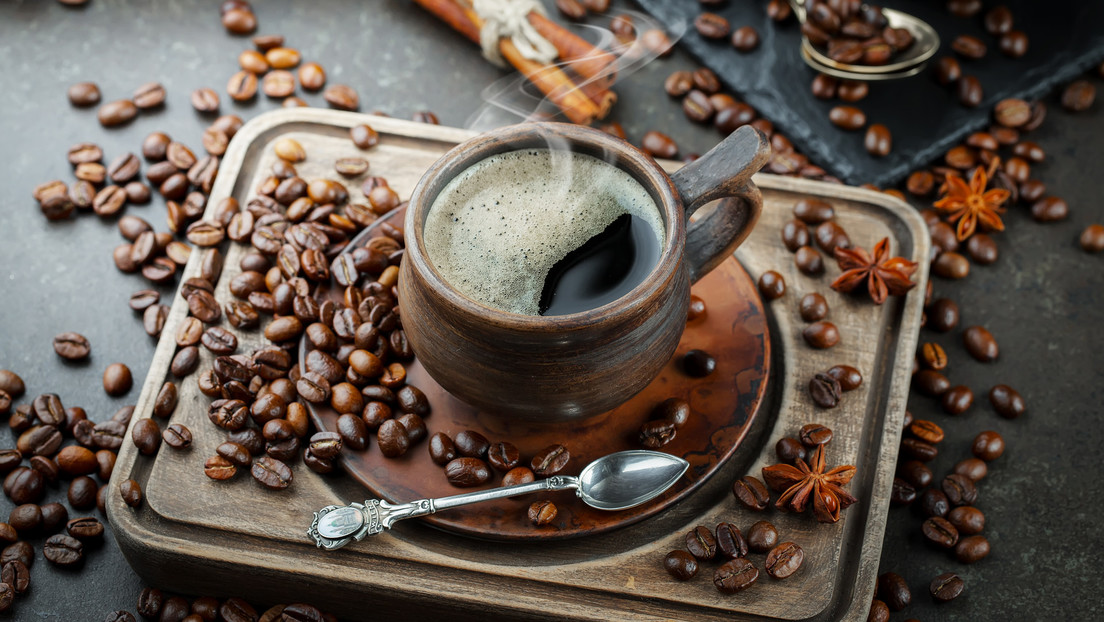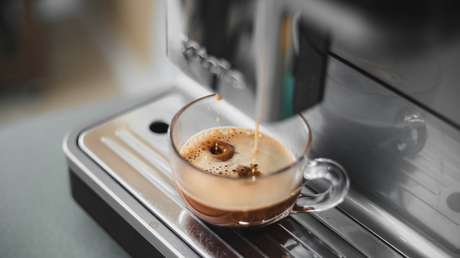Published:
28 Sep 2024 07:46 GMT
This term determines a way that involves drinking coffee and immediately taking a short nap to maximize the effects of caffeine.
The ‘napuccino’ or ‘coffee nap’ comes back to become a fashion trend due to its promises of improving productivity and performance, combating low energy.
Although the term arose in 2010scientists talk more often about this technique that seeks to minimize the risk of falling asleep more than expected and, in turn, increase the benefits of napping that could contribute to energy renewal. Consequently, the idea becomes a fashion trend, which has its own rules so that it can be used more effectively.
Why is it called ‘napuccino’?
‘Napuccino’, also known as ‘coffee nap’, is a union of the English words ‘nap’ (nap) and ‘cappuccino’ (a type of coffee). This term determines a strategic way that involves drinking coffee and immediately taking a short nap to maximize the stimulating effects of caffeine.

The key point is that caffeine is able to block a substance natural chemistry adenosinewhich has sedative and inhibitory effects on neuronal activity, therefore, when caffeine manages to reduce sleep it is really because blocks any adenosine receptor.
“Along with other physical effects, caffeine blocks a compound called adenosine from accumulating in our brain,” explained Siobhan Banks, the scientist at the University of South Australia. “This reduces the speed of brain activation and helps us fall asleep,” he added, clarifying that as soon as you fall asleep, it is removed quickly so that you can then start the day with more energy.


Caffeine blocks the function of adenosine to increase feelings of tiredness and sleep, but, for it to work, the brain first needs to cleanse itself of adenosine buildup and to do this it makes it lack a nap that empties space in open receptors that caffeine can then occupy.
The optimal duration of naps
However, scientists warn that the perfect interval for a nap is 20 minutessince, in this period of time, although one has not yet entered a deep sleep phase, one already feels quite rested. Furthermore, one of the recent studies Indian that even shorter naps, as little as six minutes, are enough to improve memory performance.
The entire process of coffee disintegration until it reaches the brain lasts about 20 minutes and by then the body will have already begun to feel the effect of the drink. “Coffee wakes up, but takes a while to act20 to 30 minutes. Therefore, you have to choose the moment when the energy drops, between 2 and 3 p.m., have a coffee, go to sleep, set the alarm for half an hour, the coffee begins to act and you continue on by”, commented Diego Golombek, sleep specialist.


On the other hand, naps of more than 30 minutes are inadvisablesince during this period of time you can already enter a deep sleep phase that has to last at least 90 minutes, and, what’s more, they make it more difficult to fall asleep at night. They can also cause sleep inertia, a feeling of disorientation, decreased alertness, and grogginess after waking up.
The best time of day to test it
Most people begin to experience a feeling of tiredness and a drop in alertness about 8 hours after waking up. Therefore, if you get up at 6:00, the nap should start around one or two in the afternoon so that you can give an additional benefit of not altering the circadian phase of the sleep-wake cyclewhich is one of the reasons why doctors advise against naps.


How is its efficiency verified?
Although numerous studies have not been carried out on the subject, the existing ones point to the fact that this practice is effective.
Thus, a study in which 12 individuals were involved demonstrated that participants who took 200 milligrams of caffeine and then took a 15-minute nap before taking a two-hour driving test felt 91% less of sleep behind the wheel than those who did not follow the same routine.
Similarly, a study suggested that a combination of naps plus caffeine is the effective method for night shift workers, as it helped them renew verbal fluency and other cognitive skills.
Possible disadvantages


The doctors remember It is important to consider that excessive coffee consumption can have negative effects on health. Thus, drinking more than three cups of coffee a day is linked to risk of cardiovascular diseases, such as blood pressure, and more rapid cognitive decline in older adults, in addition to provokes restlessness, anxiety, muscle tremors, among other problems.
The experts they think that relying on ‘napuccino’ to increase energy levels can lead to caffeine dependencewhich can negatively affect health and well-being over time.




![[Img #74674]](https://thelatestnews.world/wp-content/uploads/2024/12/Santiago-Ramon-y-Cajal-The-promoter-of-modern-neuroscience-150x150.jpg)










Add Comment